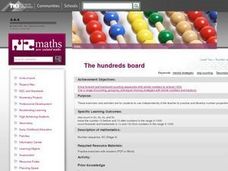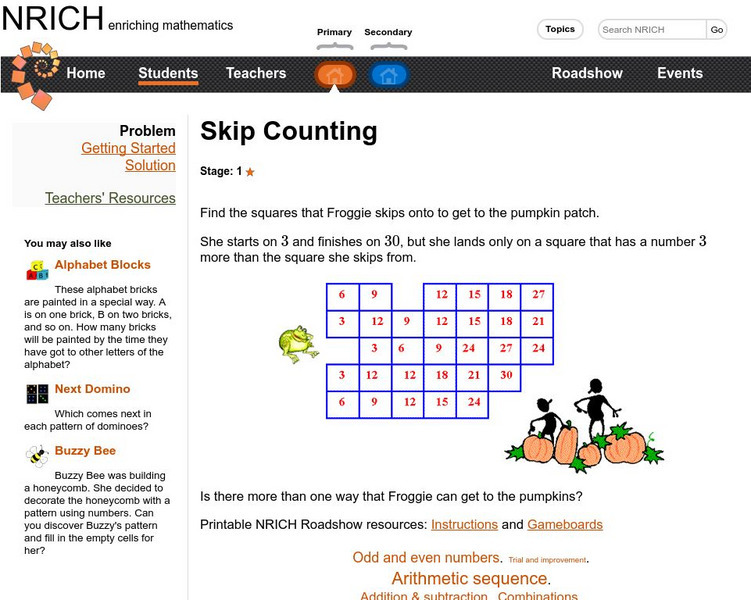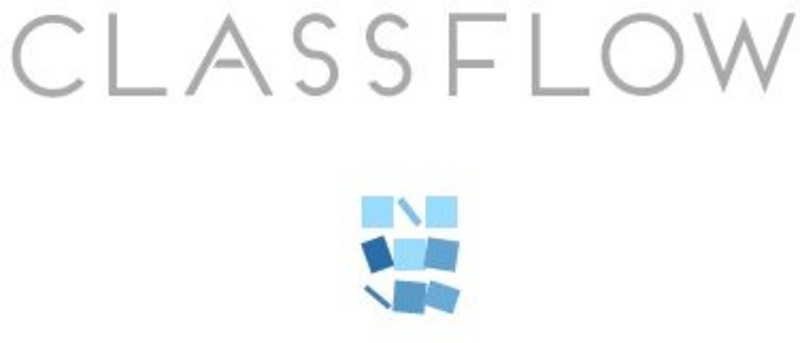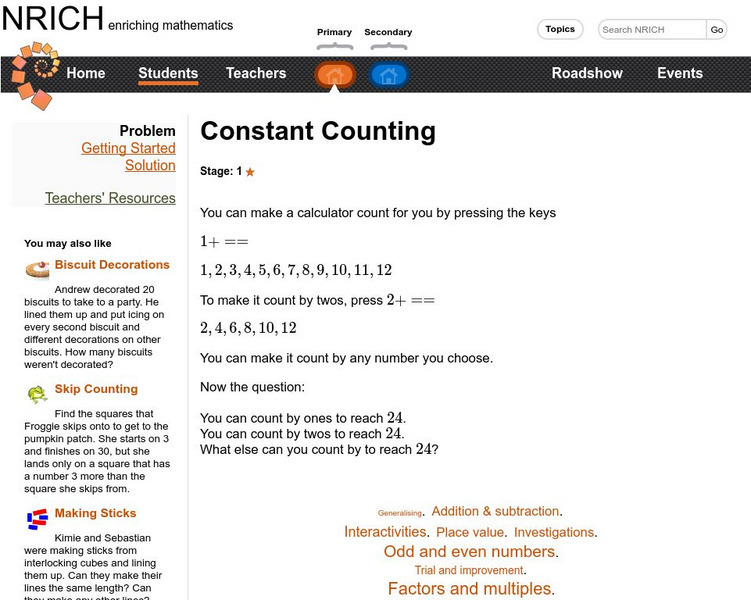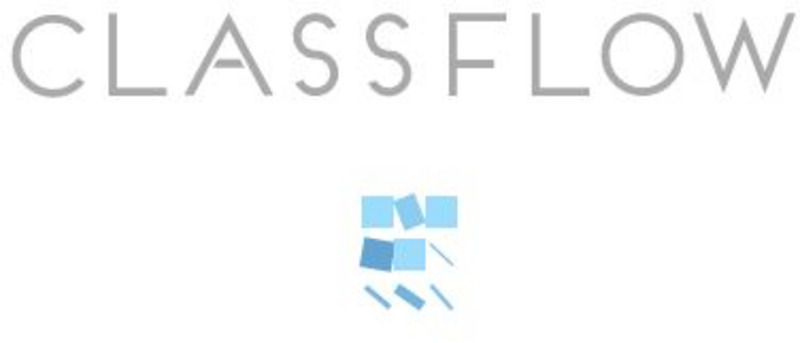Curated OER
The Hundreds Board
Students explore the concept of multiples and use a hundreds board to add numbers and then graph them. Afterward, they use the sieve of Eratosthenes to identify prime numbers and discover how numbers change when you add or subtract by ten.
Curated OER
Birthday Party
Students help plan a party for Q-Bear and think about some of the different ways people celebrate their birthdays. They then demonstrate knowledge and understanding of customs and traditions associated with participation in cultural...
Curated OER
Pede Patterns
Students generate number patterns for certain 'insects' from the mythical planet of Elsinore. Each 'Pede' is made up of square parts and has a number of feet. The patterns all link the number of feet and the number of squares. The...
AAA Math
Aaa Math: Counting by Threes
This lesson is about counting by threes from AAAmath.com. There are separate sections for learning, practice, playing a game, and exploring more about skip counting.
University of Cambridge
University of Cambridge: Nrich: Skip Counting
Follow the clues Froggie gives you to help her skip count her way to the pumpkin patch. There are several solutions and you can check yours against the solutions right at this one page website.
ClassFlow
Class Flow: Skip Counting
[Free Registration/Login Required] SOL 3.9 Students will practice skip counting by 2s, 3s, 4s, 5s, and 10s. Students will use Activotes to answer related Virginia released SOL questions.
University of Cambridge
University of Cambridge: Nrich: Constant Counting
You can use your calculator to count by all kinds of numbers: 2s, 3s, etc. This one page website shows you how to do that and gives you a challenge besides. The solution for the challenge is waiting for you right at the website once you...
Beacon Learning Center
Beacon Learning Center: Three Is the Magic Number
Interactive web lesson teaches students how to skip count by 3's.
ClassFlow
Class Flow: Count by 2's, 5's, and 3's
[Free Registration/Login Required] Using highlighted hundreds charts, students write in multiples of 2, 5, and 3.


